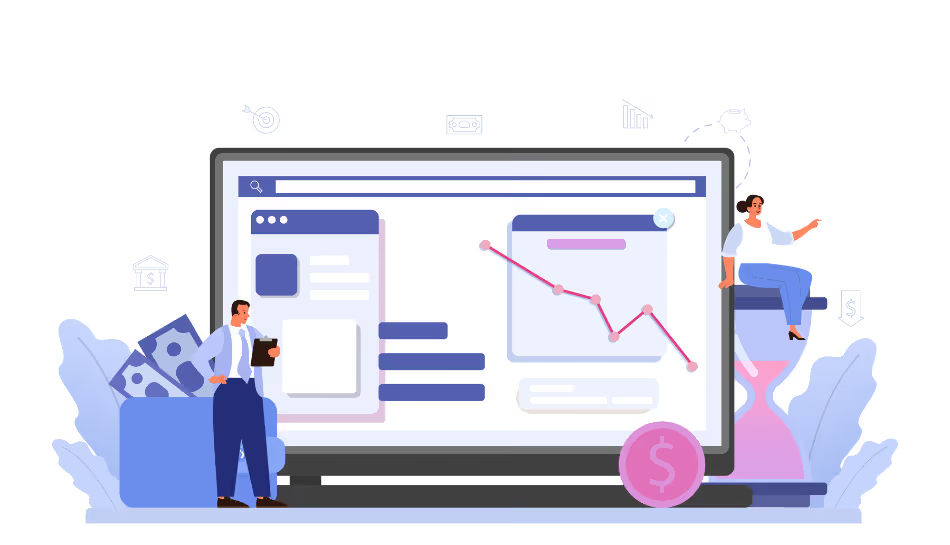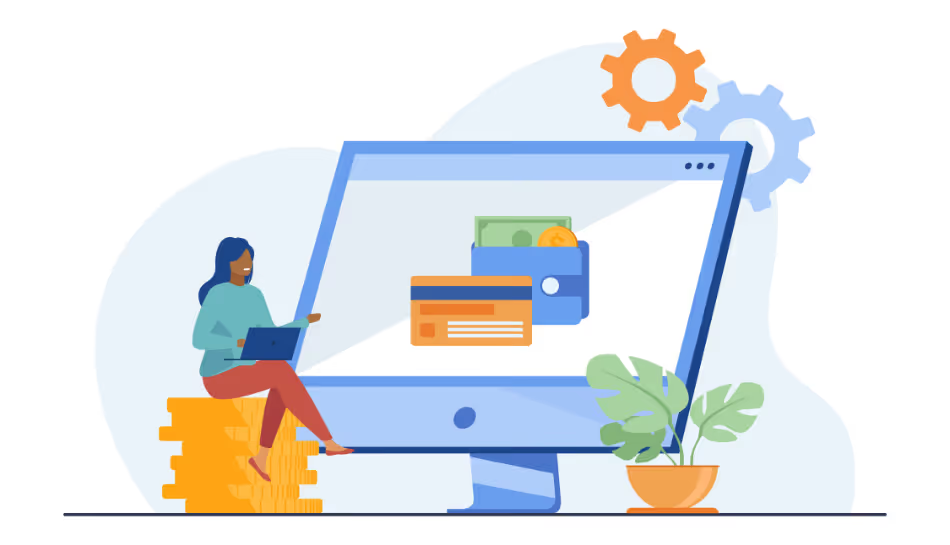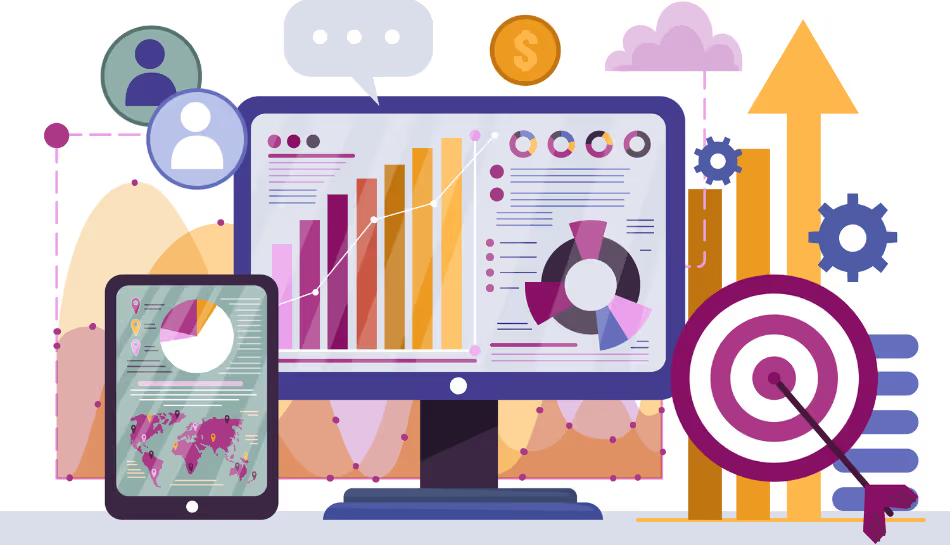In today’s fast-paced business world, companies can no longer rely on manual bookkeeping or scattered spreadsheets to manage their finances. Instead, they turn to financial accounting software, which simplifies processes, reduces errors, and enhances decision-making. But before diving into the features of accounting software, it’s important to first understand what is accounting software and what are the functions of accounting in a business.
What is Accounting Software?
Accounting software is a digital accounting system that helps businesses manage financial data efficiently. It records, processes, and analyzes financial transactions such as sales, purchases, assets, and liabilities. Unlike traditional bookkeeping, this system automates complex calculations and provides accurate real-time financial reports.
What Are the Functions of Accounting?
We must review the accounting functions in order to comprehend the features of financial accounting software:
- Recording transactions systematically.
- Preparing financial statements.
- Analyzing income and expenses.
- Managing assets and liabilities.
- Assisting in decision-making with accurate financial insights.
Modern accounting solutions expand these core functions with advanced tools that make business management seamless.
Top 20 Features of Accounting Software
Here are the most enhanced features of accounting software that make it an indispensable tool for businesses of all sizes:
- Automated Bookkeeping – Eliminates manual entries, reducing errors and saving time.
- Real-Time Reporting – Provides instant access to profit and loss, balance sheets, and cash flow statements.
- Multi-Currency Support – Handles global transactions seamlessly for businesses with international clients.
- Tax Management – Automates tax calculations and ensures compliance with GST and other regulations.
- Invoicing & Billing – Simplifies creation of GST-compliant invoices and tracks payment status.
- Expense Tracking – Monitors and categorizes expenses to control costs.
- Inventory Integration – Links accounts with stock levels for better financial planning.
- Payroll Management – Processes salaries, deductions, and statutory compliance automatically.
- Bank Reconciliation – Matches bank statements with recorded transactions for accuracy.
- Budgeting & Forecasting – Helps businesses set financial goals and predict future performance.
- Data Security – Ensures financial data is safe with encryption and role-based access.
- Cloud Accessibility – Allows users to access financial information anytime, anywhere.
- Customizable Dashboards – Provides a quick overview of KPIs and important metrics.
- Integration with ERP & CRM – Connects finance with operations, sales, and customer management.
- Audit Trails – Maintains detailed logs of financial activities for compliance.
- Mobile Access – Allows for tablet and smartphone finance administration.
- Vendor & Supplier Management – Tracks payments, dues, and vendor history.
- Automated Alerts & Reminders – Notifies users about payment deadlines and compliance tasks.
- Scalability – Grows with the business, supporting additional users and functionalities.
- AI and Automation – Uses smart tools to predict trends, detect anomalies, and improve efficiency.
Why These Features Matter
The features of accounting software go far beyond simple bookkeeping. These tools support compliance, reduce workload, and give business owners clarity over their company’s financial health. With functions like forecasting, real-time reporting, and automated tax management, modern accounting systems turn raw data into actionable insights.
For example, the features of financial accounting such as tax compliance and audit trails ensure a business avoids penalties, while AI-driven automation helps spot unusual spending patterns. Together, these functionalities improve efficiency and profitability.
Final Thoughts
So, when someone asks what are the features of accounting or what is accounting software, the answer is clear: it is much more than a digital ledger. Today’s accounting system acts as a strategic partner, helping businesses manage operations, remain compliant, and grow confidently.
By adopting software that offers these features of accounting software, businesses can focus on growth rather than paperwork, making financial management a smooth and reliable process.



